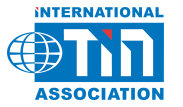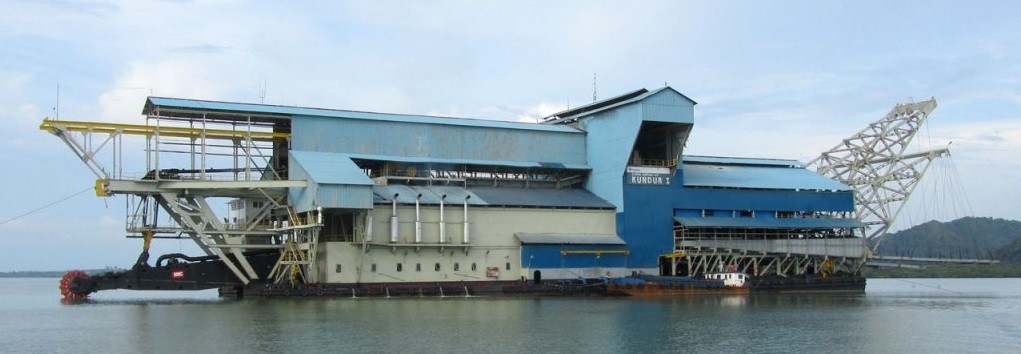Further disturbances to Indonesian exports are expected this year as the Indonesian government is set to review export licenses in June.
Export licenses in Indonesia regularly cause disruption in the tin industry, as has already been seen this year.
Regulations in Indonesia require all smelters to source ore from their own mining concessions – whether they are mining directly or purchasing from a contractor. As part of the export licenses, smelters must submit a Work Plan and Budget (RKAB), which outlines their mine production for the year. Based on this, smelters are given export quotas for the year.
For 2022, control of the export licenses switched from local governments to the central Indonesian government in Jakarta via the Ministry of Energy and Natural Resources (ESDM). The Ministry has imposed tighter checks on RKABs – resulting in the export disruption earlier this year. Because of these stricter regulations, some private smelters were issued temporary licenses while they got their paperwork in order.
However, these temporary licenses are now up for review. “Some may not be able to fulfil the requirements”, according to Jabin Sufianto, Secretary General of the Indonesian Tin Exporters Association (AETI). As a result, their export quotas could be revised, or their licenses revoked.
The problem, Jabin explained, is when smelters produce more than should be possible. “Ones with less than 100Ha land but with over 1,000 [tonnes] production” … “doesn’t make sense even on paper”, he gave as an example.
However, the impact to tin exports is unlikely to be significant. “Bigger [smelters] should still be around and pass”, Jabin confirmed. Major tin traders have also confirmed to ITA that their suppliers have already had their licenses reviewed and are not expecting disruption.
Our view: Export volumes have been high in recent months, possibly to get ahead of the license review. We do not expect the license review to have a big impact on total Indonesian export volumes. State-owned producer PT Timah has already secured its export license for the year, while other major producers are unlikely to experience any issues.



